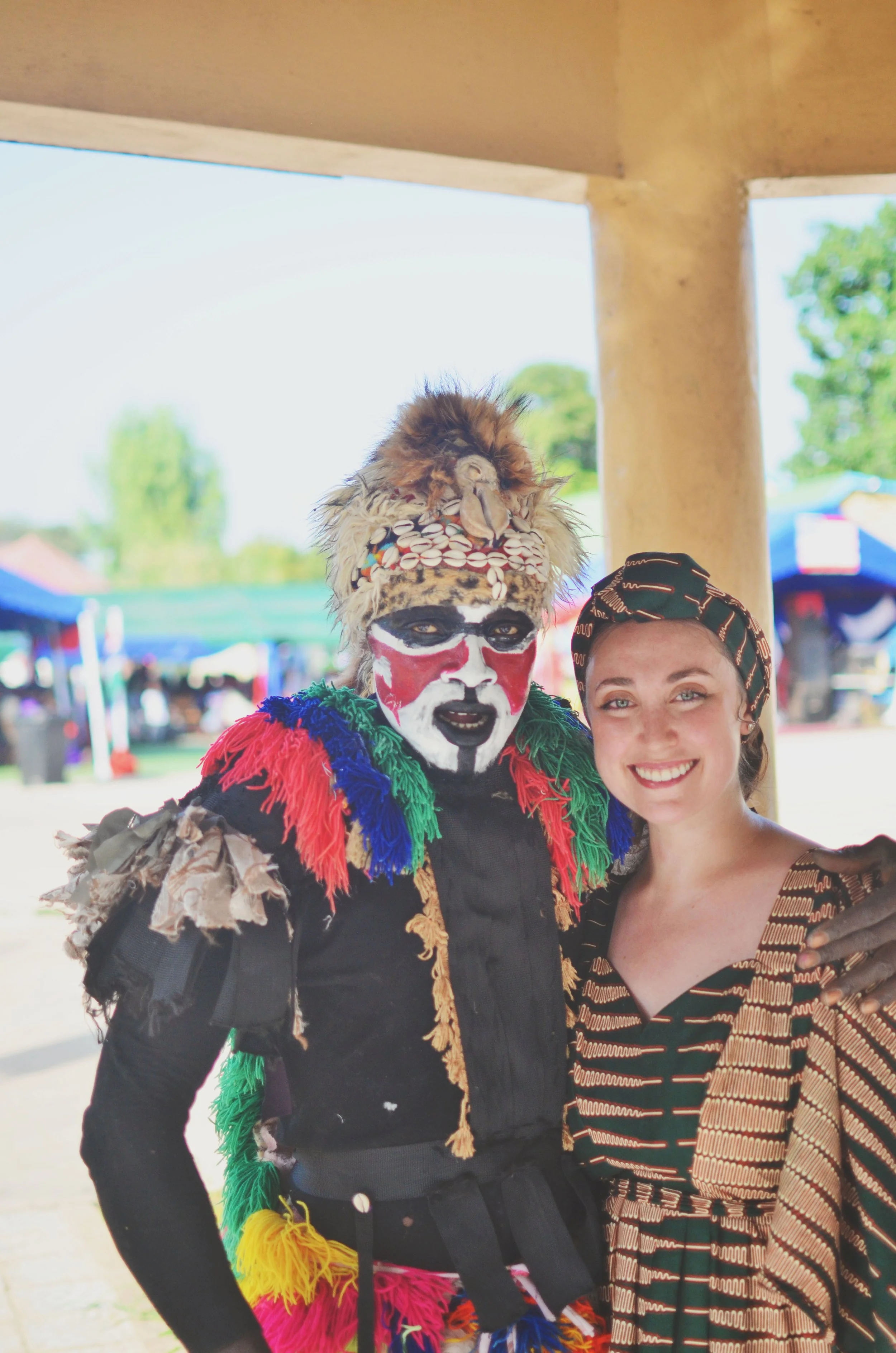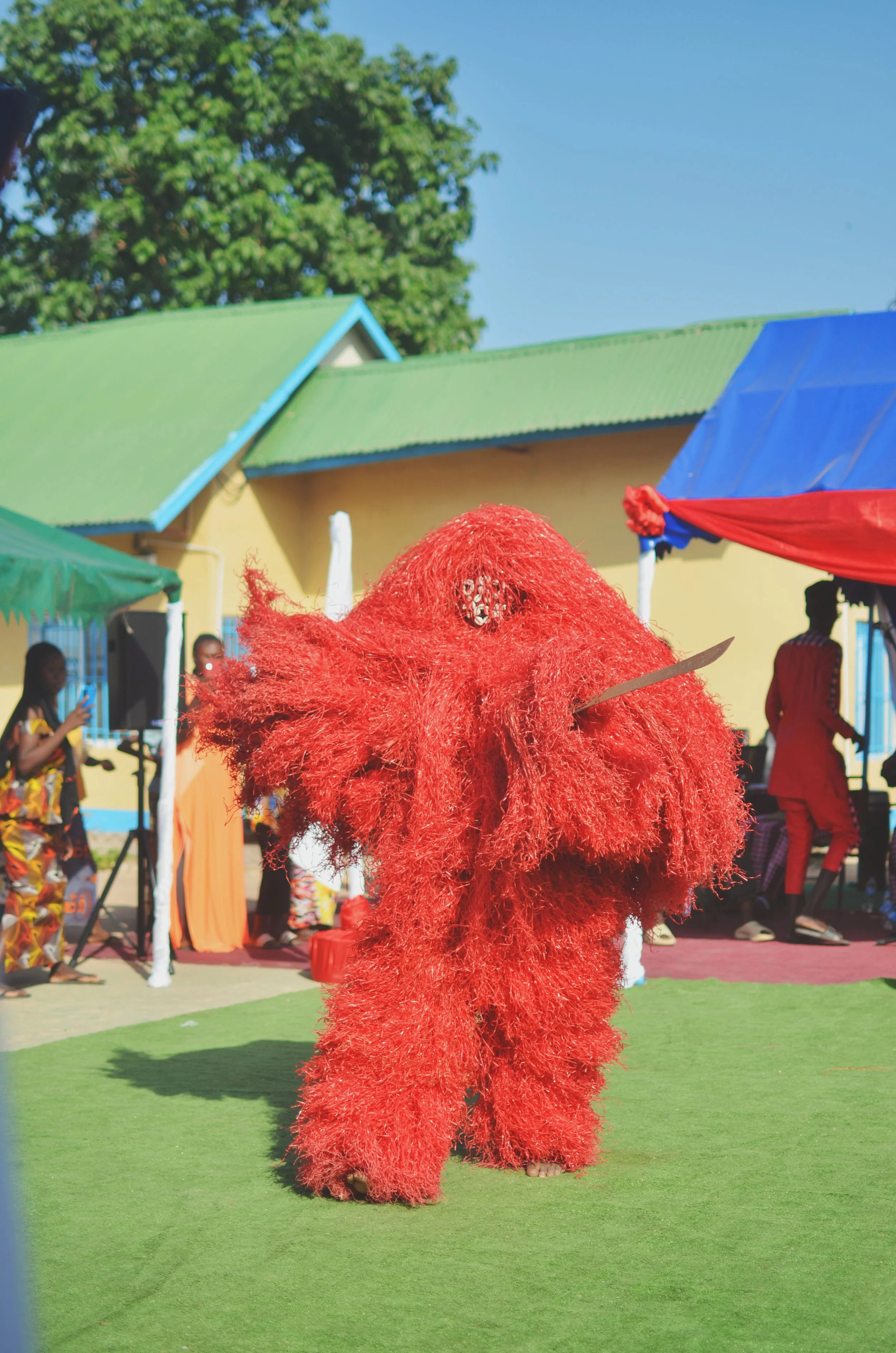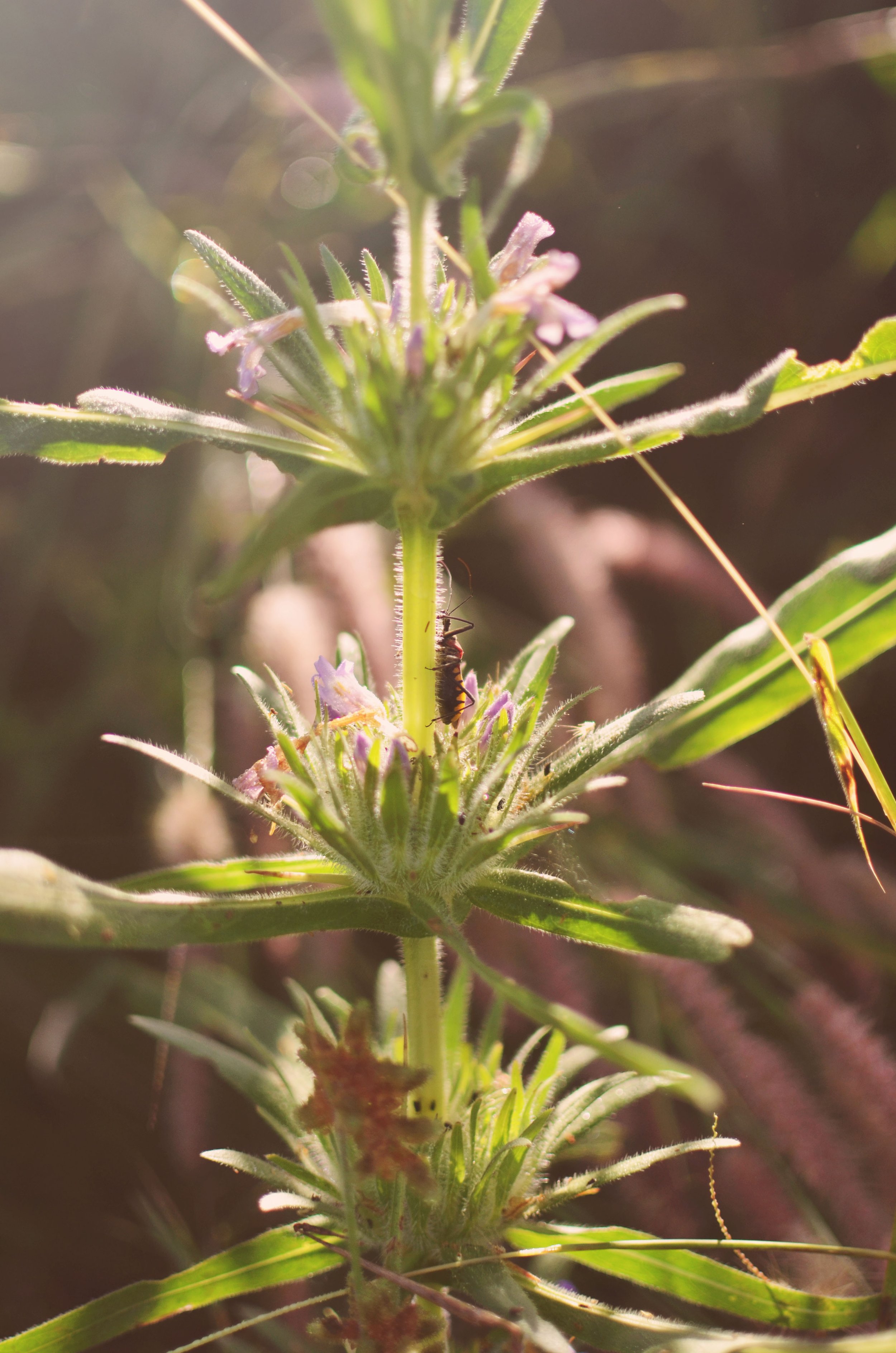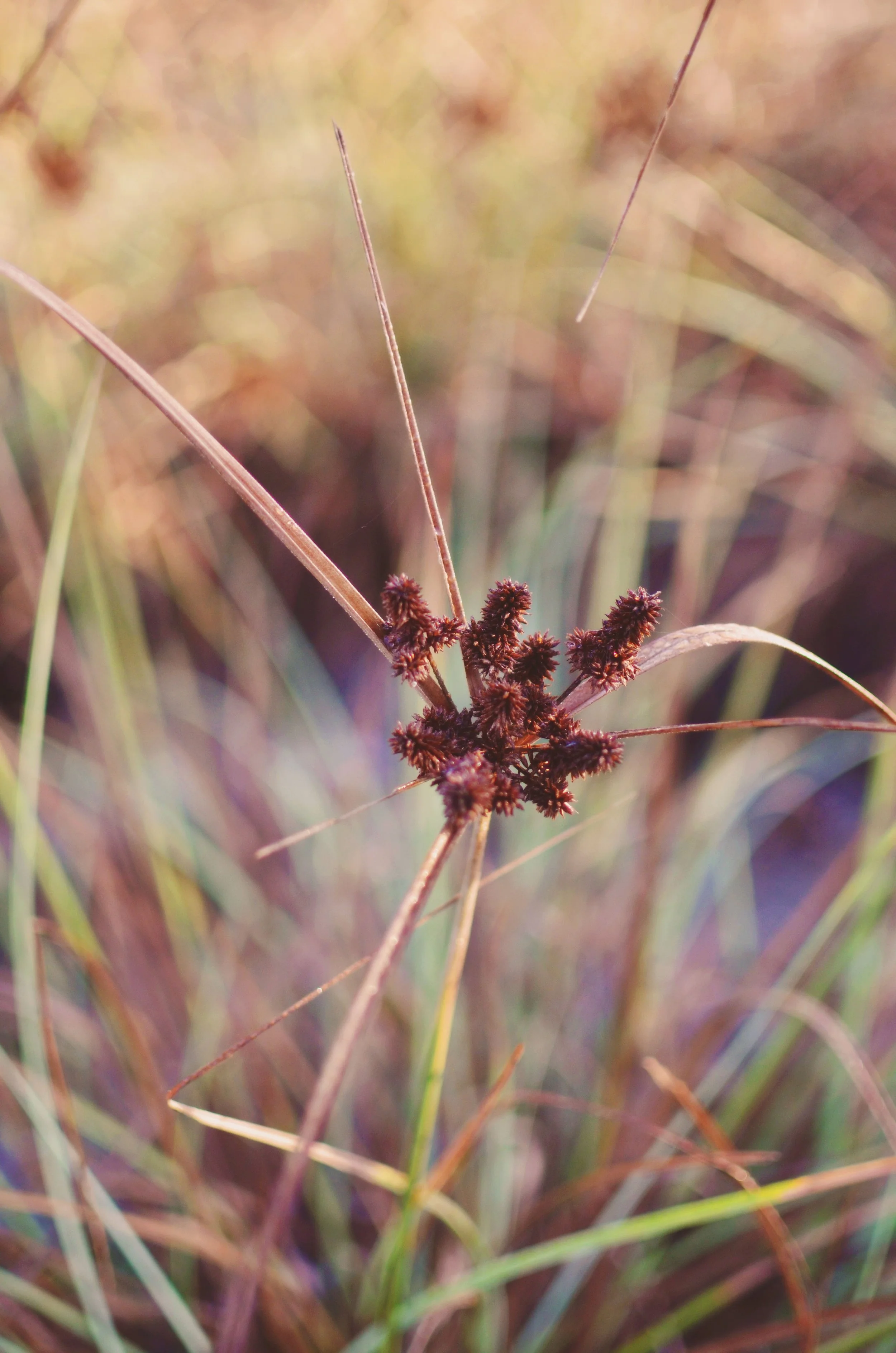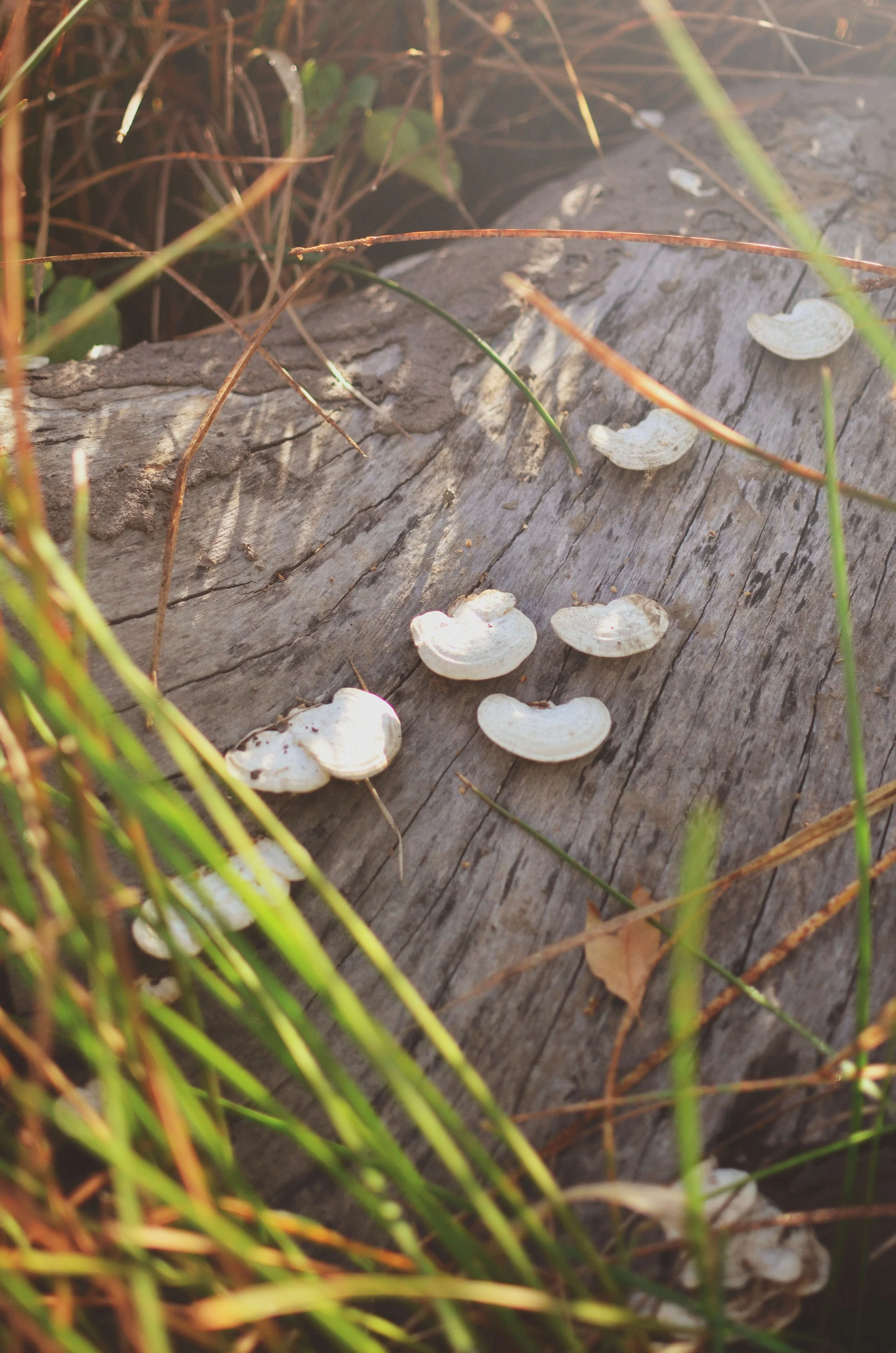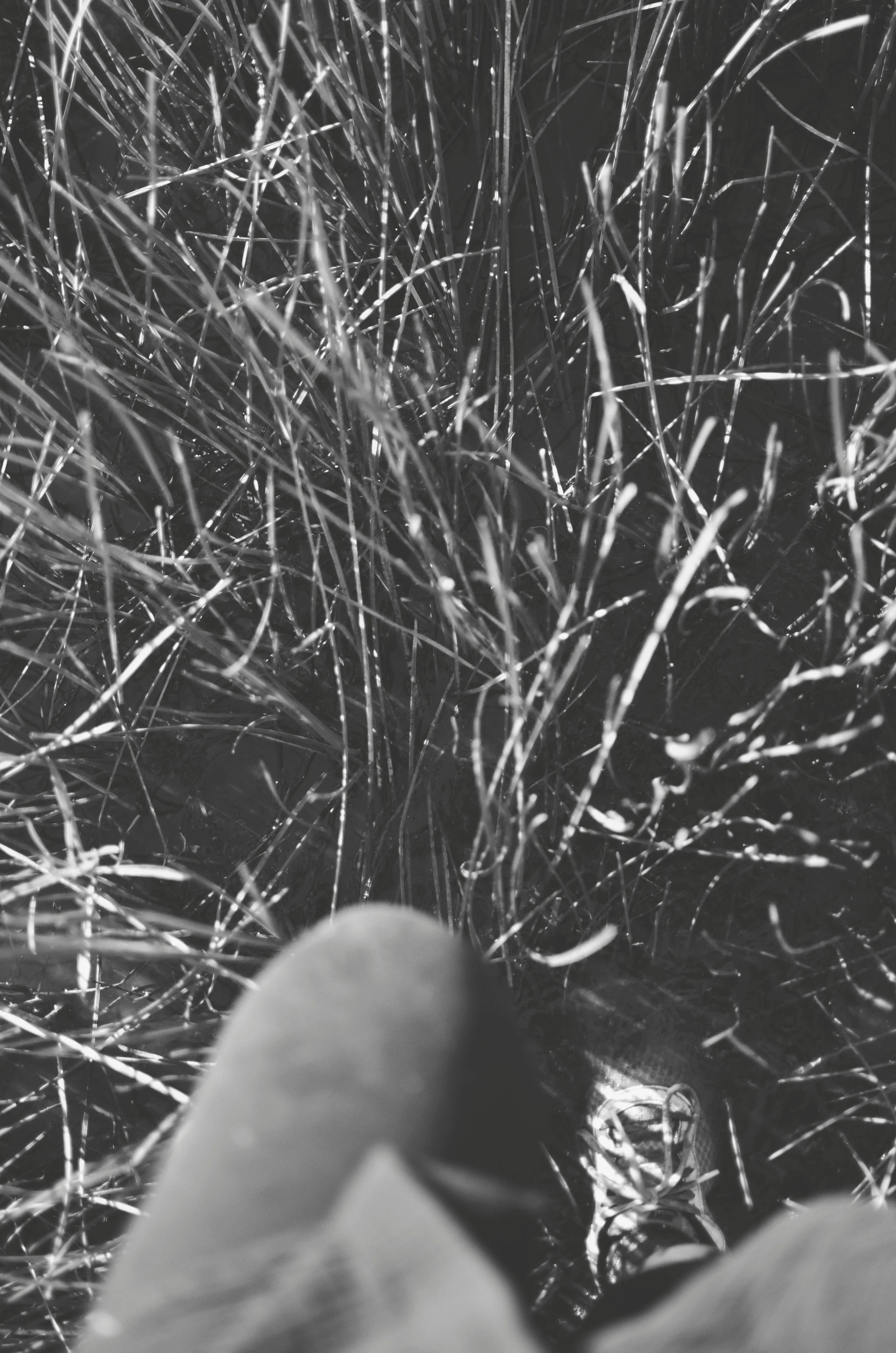I have been living at my permanent site with my host family for one week now.
Last Saturday we all packed up our things, STUFFED INTO FOUR different peace Corps Land Rovers and all went our separate ways TO BE SCATTERED ACROSS THE COUNTRY. I WAS IN THE TRUCK HEADED FOR THE NORTH BANK region (*NORTH BANK BEST BANK*). From the Massembeh training center, We had stopped in Farafenni to buy Kola nuts for our families. Kola nuts (kuruwo in mandinka) are culturally very important and traditionally given at ceremonies and rituals. I bought a bag of kola nuts to gift to my host family and the village leaders as a way of extending my gratitude and my respect. Kola nuts are smooth, about the size of an acorn and range from yellow to red in color. They contain a lot of caffeine and it’s common to see elders chewing on them throughout the day.
The day i was dropped off at my site happened to be one of the biggest days of the year for my village. it was the day of the kunta kinte festival. Dreams of being dropped off to leisurely greet people, take my time to unpack and get properly situated went out the window.
hundreds of people came out dripped in their best outfits to participate and witness cultural shows, dances, skits, music, and poetry. There were traditional dances by Mandinkas, wolofs, manjagos and sarahule. Traditional wedding ceremonies were acted out. the kora (a traditional mandinka twenty-one-stringed harp) was played beautifully. poems were read by talented students of the lower basic school. the village band played. it was wonderful! My host dad even Mc’d the event. it was a day of pride, culture, joy and community. It was even televised and broadcast on the radio!
the festival concluded with a big dance party for all the kids in the village as the sun went down. still not unpacked at that point, the village then hosted a huge wrestling competition that went until midnight. This was followed by a kankurang dance (the tradtional mandinka protectors against evil spirits that dress from head to toe in long grasses) that went until three o’clock in the morning.
my host dad had worked so hard mc’ing the festival and was up celebrating all night; and still that next morning as I sleepily slipped outside of my room, I found him brewing attaya where he had been up for hours. my host family really does not sleep.
As a sleepy girl who loves alone time, that has been my biggest challenge so far! I have swapped a hyper independent, structured, private way of life in america for an incredibly social, interconnected, open way of living here in gambia. when i am not socially drained, i really do love it! I love the way that everyone takes care of each other here. If you are sick, people come to see you. If you are visiting, people come to greet you. If you need sugar, all you have to do is walk into anyone’s compound for some. If you are going somewhere you have to inform people where you are going and then everyone on the way asks where you are headed. if you want to go chit chat, you don’t call or text before you just walk over to their house.
over the last week i have visited surrounding villages, the important village leaders, the Lower and Upper BAsic Schools, the NGO, the various government departments, the hospital, the police station, and the market. So far I have met about 5 fathers, 6 grandmothers, 4 grandfathers, 3 uncles and 8 aunts. every day i am learning that i am related to someone new.
in gambian society, the village leader or chief is called the alkaloo. it is usually the eldest male of the founding family of the village that becomes the alkaloo. Alkaloos handle disputes, allocate land, and officiate marriages/divorces. Along with the religious leader, or imam, they are the most important person in the village.
When visiting the neighboring village one day last week, my host mom and I walked into an unassuming compound. there was an elderly woman outside tending to a pile of sticks. She turned and smiled brightly at me with a mouth that held onto only a few teeth and skin that touched decades of warm sun. she was precious in every way and held my hand as she walked me to a bench to chat. sitting there, my mom told me that this was the alkaloo of the neighboring village. She has been the alkaloo of that village since 1994: since the year that i was born. for the duration of my entire life this wonderful woman had been the leader of her village. She was smiley and giggled at my response to her being a woman and an alkaloo. she then laughed really hard when I asked her her age. She threw her hands up and shook her head; she had stopped counting years ago and had no idea how old she was. All she knew was that since she was young god has granted her incredible strength. I didn’t want to leave her but as we said our goodbyes she told us she would come greet me at our compound.
Yesterday I was sitting with my dad sipping on attaya and all the sudden i felt bony arms wrap around me and a kiss land on my cheek. I was pretty stunned but i turned around to see that same sweet face smiling at me. this time she was dripped in a beautiful bright pink dress that my late grandmother would have loved and she looked like royalty. We sat and chatted for a while and my family gifted her some papaya from our garden. I asked how she would be getting home with a big bag of heavy papayas and my dad just laughed. He said that she’s probably close to 100 years old and she is so strong that she still works every season in the rice fields; walking home with a bag of papayas is nothing for her! She just smiled and shook her head. Regardless, I offered to at least walk her and her big bag of papayas to the main road. a walk that i thought would take 15 minutes ended up taking about an hour. she is a celebrity and stopped to talk to everyone she passed. she is fast and witty and regal. she really reminds me of my late grandmother.
anyways, I will probably always need a nap but I love my village and feel very blessed to be able to live here.
i will be praying tonight for just a little of my girl’s super strength.







